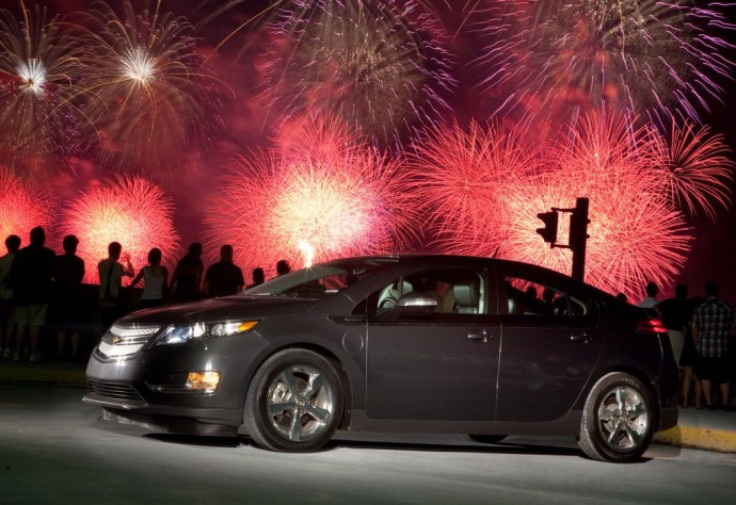GSA prime buyer of hybrid vehicles in last two years

The U.S. General Services Administration, which runs the government fleet, bought at least 14,584 hybrid vehicles in the past two fiscal years out of 145,473 during the last two years. It is about 10 percent of 145,473 vehicles the Government Services Administration purchased in that period.
About 3,100 of the hybrids purchased by GSA were paid for out of $300 million that the agency received from the 2009 economic stimulus package. Other 5,600 were bought with proceeds from selling older cars in the government fleet. A majority of fiscal 2009 hybrid sales came after Obama took office in January 2009.
The models purchased by the government ranged from $23,072 to $47,079, media reports said.
Earlier, the U.S. General Services Administration had said that it will double the federal hybrid fleet this year and has committed to purchase approximately 100 plug-in hybrid vehicles in 2011. These steps are part of a broad effort to implement the Executive Order signed by President Obama in October which calls on agencies to cut the federal government's fleet petroleum use by 30 percent by 2020, among other goals.
By doubling the hybrid fleet and committing to purchasing plug-in hybrid electric vehicles, GSA is leveraging our position as the government's centralized supplier to invest in emerging clean energy technologies, increase the government fleet's fuel economy, and decrease the cost of government operations, Martha N. Johnson, Administrator of General Services had earlier said. GSA is committed to delivering solutions that help agencies deliver on the President's call to increase sustainability and energy security.
GSA manages more than 11 percent of the government's total procurement dollars and $24 billion in federal assets, including 8,600 government-owned or leased buildings and 213,000 vehicles.
Electric vehicles (EVs) purchased in or after 2010 may be eligible for a federal income tax credit of up to $7,500. The credit amount will vary based on the capacity of the battery used to fuel the vehicle.
The governments across the world have set aside billions of dollars in the form of subsidies for early adopters of these alternative energy cars and to boost production of batteries for such vehicles despite persisting doubts about how many people will actually buy them.
The Department of Energy said it is investing $2.85 billion in electric vehicles of which $2 billion will go to help US carmakers produce advanced vehicle batteries and drive train components. Around $400 million will be invested to buy, test, and deploy different types of electric vehicles in the marketplace, and $300 million in cost-share projects under the Clean Cities program.
© Copyright IBTimes 2024. All rights reserved.











